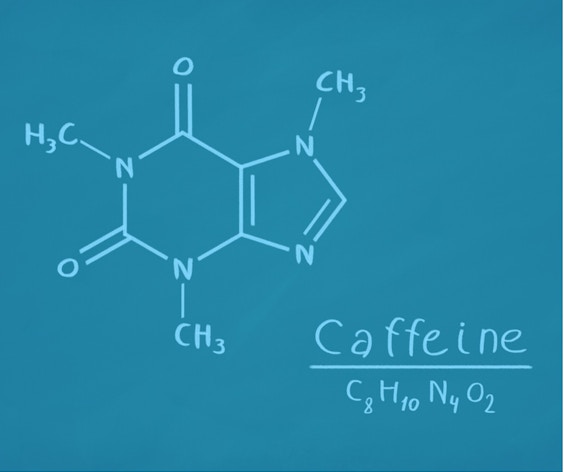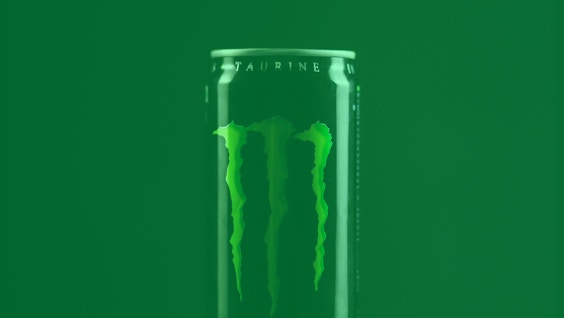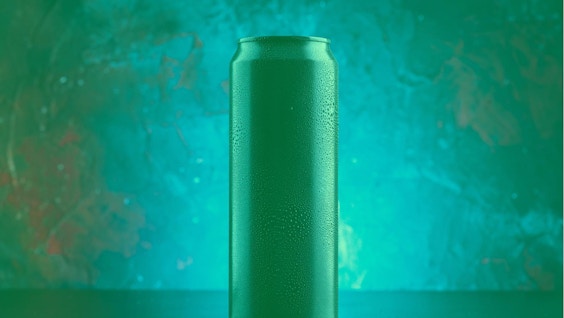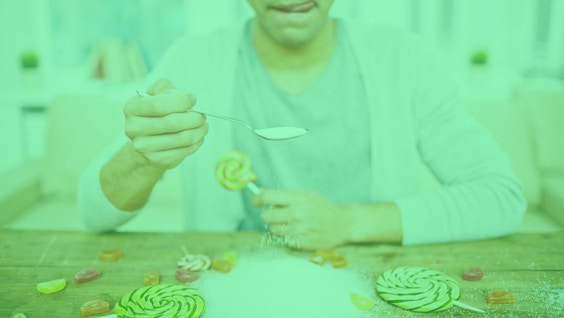I Am Sober is a free app that helps you get some control back in your life.
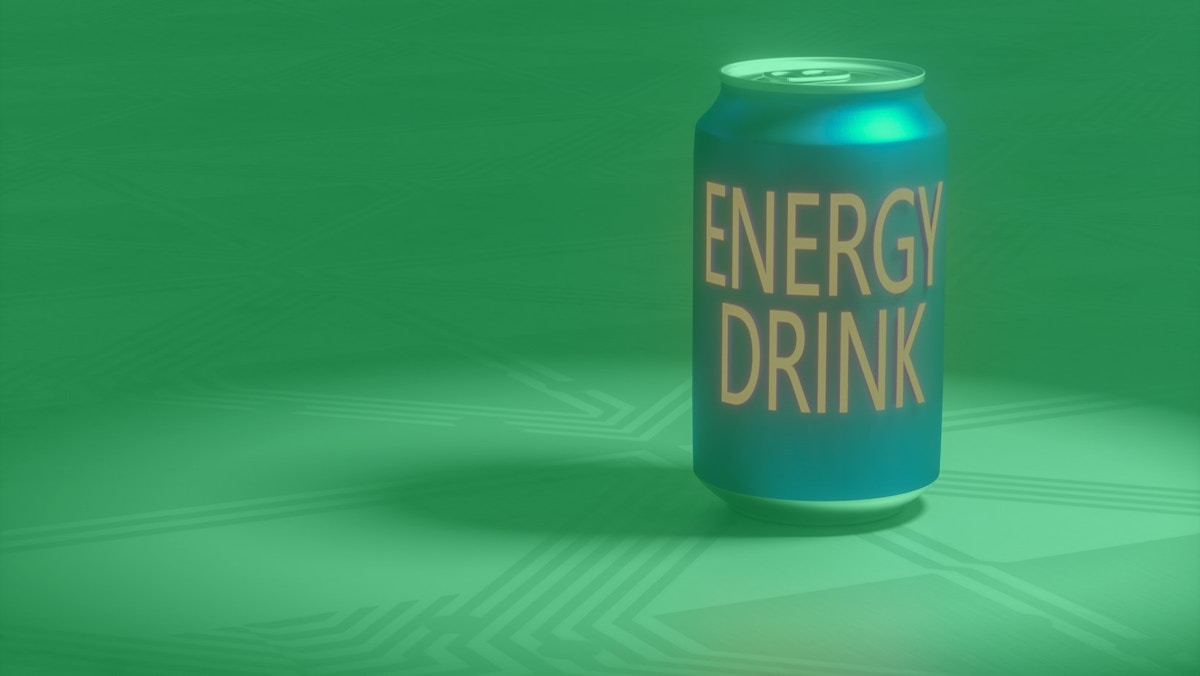
How to Stop Energy Drink Addiction
Last Updated: Tue, June 24, 2025There has been an explosion in the global market for energy drinks since the 1990s. Along with this popularity comes an increasing number of people getting addicted to these caffeinated beverages. Knowing how to stop drinking energy drinks can prevent this from affecting more lives and reduce serious health risks.
This post explores how energy drink dependency happens and effective treatment options for addiction recovery.
How Energy Drink Addiction Happens
Energy drink addiction can happen quickly or gradually, often leading to concerning withdrawal symptoms when trying to quit.
Several factors play a role in determining how addiction develops. This includes your personal and family history, as well as your brain chemistry and patterns of substance use.
The thing is, energy drinks with excessive caffeine and added sugar trigger your brain to release more dopamine. Dopamine is also known as the feel-good hormone.
However, the more you engage in energy drink consumption, the less pleasure you experience from the rise in dopamine. This can lead you to consume more of these sugary drinks to continue feeling the dopamine response. This leads to dependence or addiction, similar to other forms of substance abuse.
Energy drinks can also be addictive from a psychological point of view. For instance, some people may feel they cannot maintain their energy level for day-to-day tasks as well without energy drinks. This leads to dependence or addiction as well.
Take note, several factors play a role in forming a dependence on or addiction to energy drinks. The said factors vary by individual and understanding them is crucial for lasting sobriety.
How to Stop Energy Drink Addiction
Here's how to overcome energy drink withdrawal and achieve long-term sobriety:
1. Eat a well-balanced diet.
People like to drink energy drinks because it gives them energy when they feel tired or fatigued. Hence, solving your fatigue issues and maintaining stable blood sugar can help.
Your weariness might be caused by a nutrition deficiency rather than low caffeine intake.
Eat a protein-based breakfast, avoid refined carbs (e.g. cereals, bread, pasta, and baked goods), and consume lots of fresh vegetables and fruit. Eat healthy fats such as avocados as well. This healthy lifestyle approach supports your body during caffeine withdrawal.
2. Sleep when you can.
Although it may sound strange, some individuals feel that high caffeine consumption makes them more tired rather than more alert.
Caffeine's disruptive effects on sleep can lead to serious sleep disturbances and a vicious cycle. Consumption of caffeine induces sleep deprivation. Sleep deprivation produces tiredness the next day, which increases your need to drink more caffeine to compensate for sleepiness.
Sleep deprivation catches up even with increasing caffeine intake. People may be more aware of their long-term sleep loss after consuming coffee since they do not get the expected pick-me-up. Instead, they feel drowsy.
In general, the high caffeine content in energy drinks is frequently used to compensate for a lack of sleep. Hence, getting plenty of rest can help stop energy drink addiction and minimize caffeine withdrawal symptoms.
3. Try adding in exercise.
It may sound unusual, but exercising more can help you have more energy without relying on caffeinated beverages.
To begin, when you exercise, cellular-level changes occur within your body. Exercising causes your body to manufacture additional mitochondria within your muscle cells.
Mitochondria are known as cell powerhouses because they produce fuel from glucose from food and oxygen from the air we breathe. Having more of them enhances your body's natural energy supply.
Exercising also improves oxygen circulation in the body. This boost in oxygen not only helps the mitochondria produce energy. It also allows your body to perform better and use energy more effectively.
Furthermore, your body benefits from an increase in hormone levels caused by the best exercises for recovery.
Plus, you won't be tempted to grab an energy drink if you feel more energized naturally.
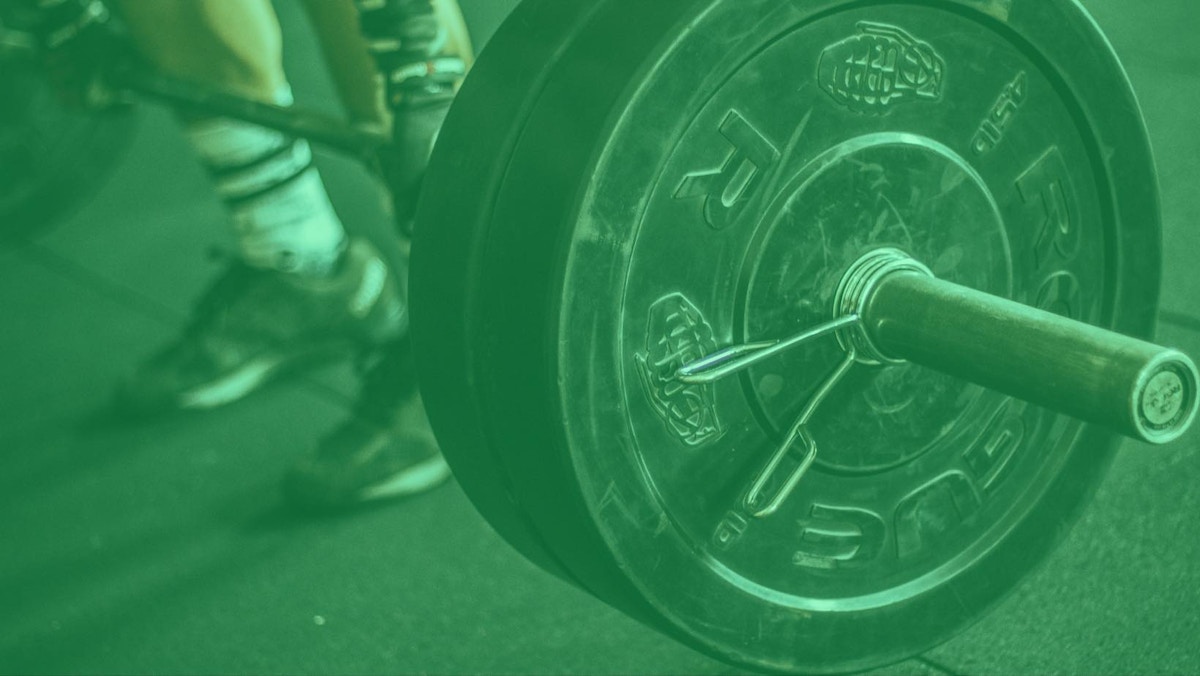
4. Replace the energy drinks with healthy alternatives.
Even more alarming are the health-harming substances included in these beverages, such as excessive amounts of caffeine and other stimulants. They raise your heart rate and blood pressure, increasing risks of heart disease and even cardiac arrest, while also causing irritation, anxiety, and insomnia.
Here are some healthier choices that are either caffeine-free or contain less sugar than typical energy drinks:
● Coffee, ideally decaf
● Water, plain or infused with your favorite fruits
● Sparkling water, ideally unsweetened
● Green tea, including bottled sparkling versions
● Herbal teas or natural fruit juice
● Kombucha or fermented tea
5. Change your environment.
If you feel tempted to get an energy drink during withdrawal, remove yourself from the situation by going for a walk.
Making sure there are no energy drinks in your home or easily accessible spots will also help limit temptation and cravings during addiction treatment.
In addition, quitting your energy drink addiction on your own is challenging. Hence, it's a great idea to tell those closest to you that you're attempting to stop. By doing this, they can make you accountable and support your journey to lasting sobriety.
Finally, make your surroundings stress-free. At the absolute least, strive to keep your stress levels as low as possible. Since stress may cause an urge for food and beverages, engaging in stress-relieving activities such as regular exercise, yoga, meditation, and mindfulness can help you control your energy drink cravings and manage withdrawal symptoms.
Conclusion
Knowing how to stop drinking energy drinks helps you take the first step toward recovery. Speaking of recovery, sobriety apps like I Am Sober can help you quit this harmful habit. The app helps you manage your symptoms and track your progress toward long-term sobriety.
I Am Sober is a free app that helps you get some control back in your life and overcome energy drink dependency.
I Am Sober is a free app that helps you get some control back in your life.
